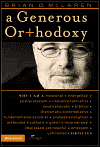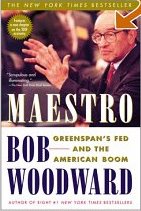
The art history courses I took listed Botticelli among the great early Rennaissance painters, but never went into any detail studying his paintings. There are really only 6 major paintings that remain from Alessandro Filipepi (who took the last name Botticelli from the goldsmith he apprenticed around age 14), all of which deal with mythological subject matter.... or do they?
The beauty of Botticelli's paintings is how he uses mythological figures to speak to a modern event, in this case, a wedding in the powerful Medici family of Florence that took 3 years to negotiate. This particular wedding was important to ally the Medici - who were losing favor with the Pope - with another economically strong family who had stakes in iron mining and the all-important favor with the Pope. But you'd never get it from looking at this painting, done for the bride and groom.
Read from right to left, we see a blue guy with puffy cheeks: Zephyrus, the wind. He is overtaking Chloris against her will, who is transformed into the goddess of Spring, Flora (the next figure with the flowered dress). Central is Venus, modestly dressed and beckoning the bride to flourish in her new role as wife and produce offspring for the Medici (note the orange trees in the background, in bloom and with ripe fruit. The orange tree was a symbol of the Medici family). Next to Venus are the 3 Graces, another signal to the bride to be all that Florentine culture required of a wife. And the disinterested guy in red poking a stick in the clouds is Mercury, the guide of Venus and the Graces. He is driving winter away, apparently getting things ready for the wedding. He is said to represent Lorenzo the Magnificent, the "godfather" figure of the Medici family who negotiated the wedding. And flying above is the chubby little putto Amor, blindfolded and shooting his arrow of love at whomever it will hit. He was ever the companion of Venus.
There is a lot more symbolism in this painting; every tree and flower is purposefully painted. That is one of the most misunderstood aspects of art, that painters must put "filler" into their artwork. But Botticelli proves otherwise, and each stroke of his brush was purposefully done to convey the intended message. He drew from several ancient literary sources and contemporary common visual icons to put together this scene of initially disconnected figures. These would all have been readily understood and recognized by the people of the late 1400's, and the message clearly communicated. It was a visual shorthand, of sorts.
More interesting is the story of the painting which hung NEXT to this one in the bride's chamber, and how that one "talked" with this one to complete the story of how the bride should view and understand her new marriage. More on that later.
Sara






